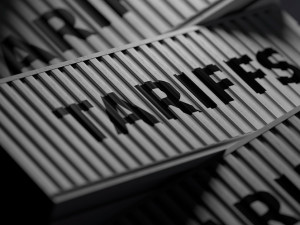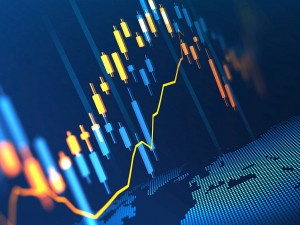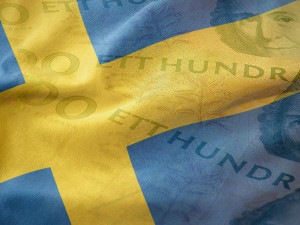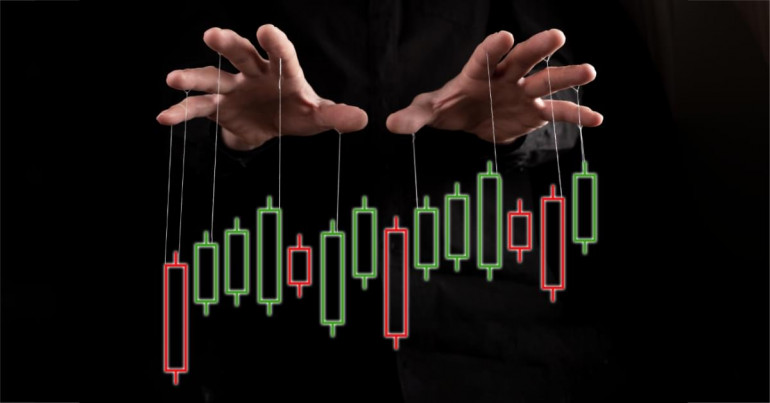
Movements in the market happen constantly, and all year round. The ocean of all the world economies and human behaviours creates a hugely complex market, which despite the huge amount of analysis and speculation, is still often unpredictable.
The market moving will affect exchange rates between currencies, which can be hugely influential, not just if you’re a stock trader, but for your business if you’re trading overseas.
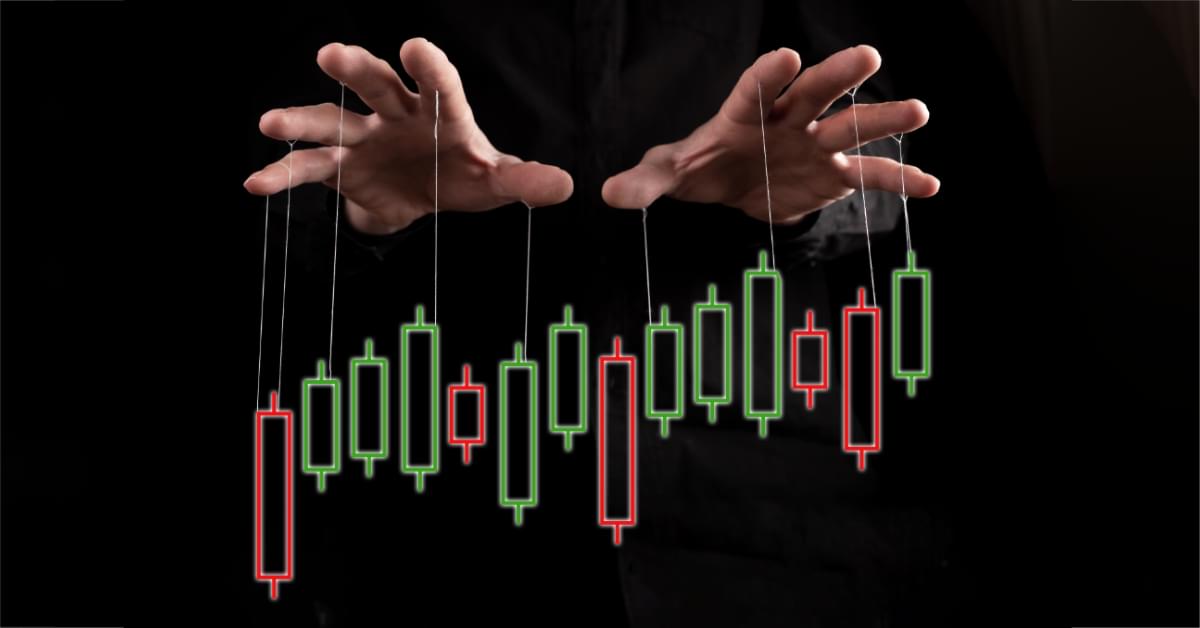
Market movement factors
While the market will often move for unknown reasons, following how analysts will make stock predictions is the best way to understand why and how the market moves. Analysts will look at various factors to help them make decisions – here are some of the main factors considered:
Supply and demand
Supply and demand is one of the fundamental principles of economics. If demand is rising for an asset, particularly one that has exceeded its supply, it is likely that the price will rise, and vice versa. This will also mostly control stock market prices, which fluctuate every second when the market is open due to the millions of trades being made throughout the day.
Company earning and news
This is probably the clearest indicator of a company stock’s future performance, as a company that is making a profit will generally perform well in the market. The internal workings of the company and the health of its turnover will indicate that a certain sector or group of companies is bound to do well in the future, and is, therefore, a potentially strong investment. Other factors such as patent approvals and changing CEOs can cause the price to fluctuate and the market to shift.
Geopolitical events
Geopolitical events can be anything from war and conflict, trade disputes, economic collapse to even minor things such as policy changes and material shortages. If any market is tied to countries with these issues, it can cause a series of events which can have huge consequences, not just for the country with the issues, but countries engaged in international trade. There could also be a black swan event, which is where something will happen to shake markets that couldn’t have been expected or foreseen.
Technological advances
A leap in technology can shake the market, because it could either make a certain area particularly valuable (for example, if a certain material is required to construct the technology), or it can make other technologies obsolete, which could be disastrous for other areas.
Changes to monetary policies
If a country, particularly an economic powerhouse such as the US, makes any monetary policy decisions, then this can greatly affect the market. The US dollar in particular is pegged to a multitude of currencies at a fixed exchange rate, meaning that wherever the US dollar goes, these currencies will also follow.
Human behaviour
There is also the human element to consider alongside all of these factors. Market speculation and general investor behaviour are not always logical, and often buying rumours and fears of market declines can cause huge disruptions and spikes in price. Some markets such as the cryptocurrency market are based very heavily on speculation, whereas other markets such as commodities are more grounded.
The Fear and Greed Index is one way to measure the emotion that goes into the market, and the general sentiment of investing versus saving or selling. The CBOE Volatility Index (VIX) is another way that market sentiment can be measured.
Factors affecting the forex market
The factors which move the forex market are similar to the above but have some slight variations in them. These are the main factors which forex traders will take into account:
Inflation
Inflation has a big impact on forex markets, as it will obviously dictate the price of one currency against another, so monitoring inflation statistics is crucial.
If the inflation rate of one country is higher than another country, the inflating currency will likely depreciate in value and become weaker compared to other countries. Taking into account the inflation rate of a nation is crucial in deciding which way to trade a currency pair.
Macroeconomic factors
As well as inflation, it is also important to consider the overall economic health of a nation. A currency might be valuable compared to another, but more volatile, so harder to predict where it is going to move. Currencies such as the shekel might not have a high value, but their strength means that it’s an attractive currency for investors.
Also, political events and tensions in a country might suggest that a currency is about to shift, so it’s important to monitor upcoming events such as elections closely.
International trade
The balance of trade between nations is another crucial point to consider, as if there are any trade embargoes between two countries, or perhaps an increase in a certain type of trading, the currency pair will be heavily affected, as businesses might change their trading habits to match profits.
Bonds
Bond markets and interest rates are very important in determining where the forex market might go. This is because when bond interest rates increase, it will attract foreign investors who are looking for the best return. The increased demand for bonds in a particular country can strengthen the currency, as investors must buy the local currency to make the investment. Furthermore, the trust in the nation offering the bonds will lift buyer sentiment, and potentially attract more investment.
Economic statistics
Certain basic economic factors are crucial in determining a currency’s strength, such as GDP, inflation rates, and employment levels. Forex traders will often use this information to try and make a prediction about a currency based on these factors and where the currency is likely to move.
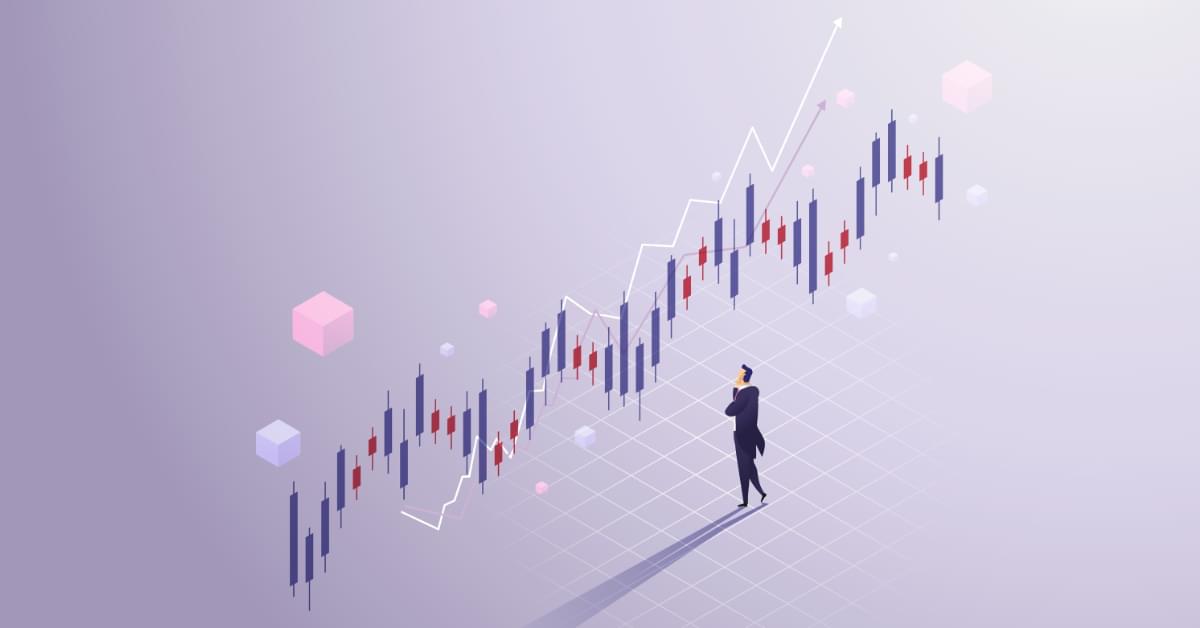
Conclusion
So in conclusion, what makes the market move is a series of complex economic factors, combined with human behaviour. On paper, economic decisions as well as supply and demand will cause price fluctuations, but investors trying to make a profit and also cut their losses can fuel volatility.
CurrencyTransfer will offer you live quotes from a global network of regulated FX providers, as well as useful tools to help you monitor market movements. Sign-up today for free.
Caleb Hinton
Caleb is a writer specialising in financial copy. He has a background in copywriting, banking, digital wallets, and SEO – and enjoys writing in his spare time too, as well as language learning, chess and investing.
